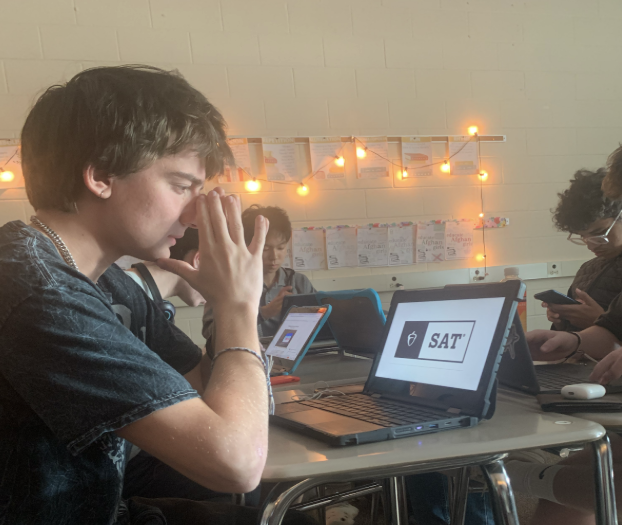One minute you’re racing down a track, the next you’re fighting it out with friends in a battle royale. Previously, playing multiple games was an expensive hobby for many. But with the release of game streaming services, a new multi-billion dollar industry has been made based on allowing users to play a catalog of games for a monthly fee.
Giants in the industry like Xbox Game Pass and Amazon Luna have been assimilating as many games into their systems as possible to keep a consistent lineup, while others like PlayStation Plus Premium offer monthly catalogs of new games allowing users to test out different games. Even some individual games like iRacing now require a monthly subscription to be played.
Due to monthly subscription services permitting users to play more games at a lower cost, many viewed it as the future of the industry. However, despite this benefit of subscription services, there have been a large array of problems that have come from the change in payment.
Although the rise of subscription services allows users to pay less for all the games they unlock, they may be losing money on the deal due to the amount of games they play. Someone who only plays two to three games each year might find it cheaper to buy all the games rather than pay monthly subscriptions to continue playing them.
Due to the competitive nature of the industry, subscription services are constantly debating who has the rights to certain games, leading to users having to purchase multiple different services to play all the games they wish to play. Games could also come and go between services, which will lead to users having to research which services have what games and for how long. Monthly subscriptions won’t just affect users, however, as it also seems like game developers will feel the change.
When negotiating contracts with game creators, subscription services make contracts unique to each game. Despite their uniqueness, there is a pattern showing that most of these contracts are centered around player numbers, player time, or player session length. However, due to the unique nature of the contracts, some game creators lack information about what deal would benefit their game best.
Subscription services use their insight to gain a lot of leverage, especially with indie developers who have lower user counts. The imbalance in leverage has led to there have been many times where indie developers accepted game deals much lower than what they could have received.
Moreover, since users will be paying less for all the games they receive, it will lead to many games having budget constraints. In an attempt to keep all their employees in the company, many game companies will begin to rush their games, leading to buggy or unfinished releases. Others, however, might choose to add microtransactions into key aspects of their game in order to regain the lost budget. Some games, such as Grand Theft Auto V, no longer rely on game sales to make their game profitable, as they count on their users paying for extra features within the game.
Either option will lead to an overall worse game experience, as users will either experience a greater amount of problems when playing games or will be forced to pay a much higher amount in order to complete the game.
Games with microtransactions are often sought after more by subscription services, due to their high popularity and addictive tendencies. In order to maximize profits, these games often use loot boxes with high rarities on items to persuade users to continue buying cases until they finally attain the accessory they want.
Outside of financial issues for game creators and users, subscription services will have a lot more power over their users. Due to the nature of their service, subscription companies will be able to ban any user from their system, permanently disabling their ability to play the games they like. Users in the future will have to be wary of the terms of use of their subscription services, as breaking a rule could lead to the termination of their subscription, making them unable to play their favorite games.
Users should be careful in the future of their digital footprint as their online actions related to subscription services could permanently affect what games they are blocked from playing in the future.















































































